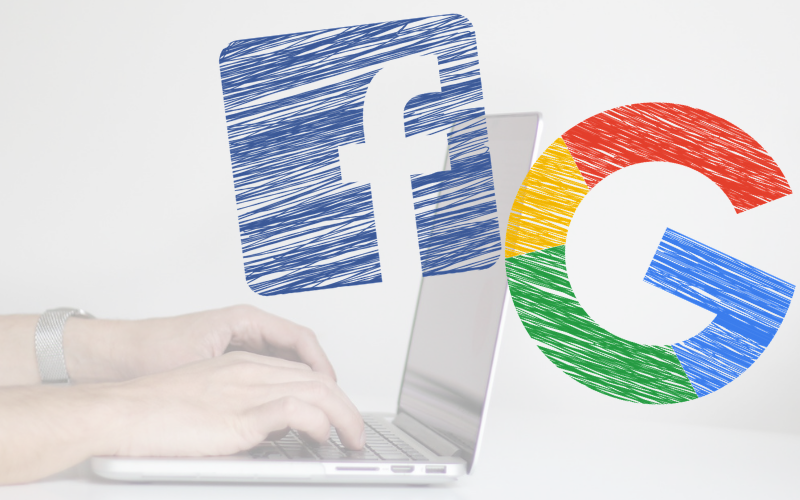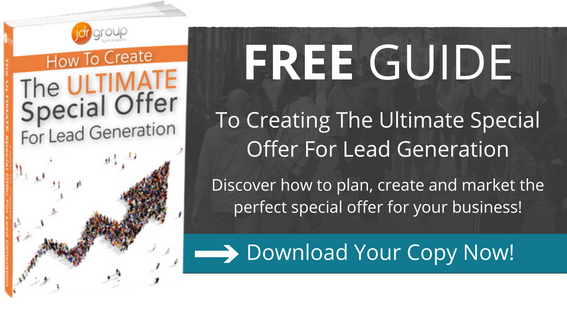Facebook vs Google

Two of the biggest tech companies in the world today - Facebook and Google - both bost incredibly powerful advertising tools and services. Both offer unique ways to attract the right customers to your site at the right time, but understanding which is best for what purpose, and for which section of your target market, is crucial to success.
Both offer the same fundamental service - placing your ads in front of people that, based on your criteria, are determined the most likely to find your advert relevant or enticing. You will then pay for each time someone clicks on the advert, meaning it's in your interests to make sure they're aimed at the right people. It is in this criteria that both of the services differ.
What Facebook Offers
Think for a second about how much Facebook knows about you. Your name, age, gender, hometown, what you like, what you care about, who your friends are, what they like, and so on. Facebook allows advertisers to drill down to incredibly fine grain detail and target those who it feels will be most interested in your content. For example, if you're promoting a movie called "The Awakening 2", you would probably get a good rate of responses from people who liked the page for "The Awakening".
Equally, if you were promoting a new video game that was rated 18+, you could simply prevent the ad from being shown to children, as they would not be able to purchase the game (legally at least) and so a click from them would be wasted money.
The Google Approach
Google takes a different approach. While Facebook focuses primarily on who you are as a person, Google - because of its enormous search engine market share - is often the place people go when they're after something online. If you're opening a new shop in London that sells flip-flops, Google can use location awareness (ie, knowing where the person is searching from) to serve up an advert to Londoners who search for flip-flops.
While complex, the Google AdWords system can target the right people at the right time, and so you need to know exactly the right sort of searches that your potential customers might be making. This is essential to your campaign's success.
In conclusion, both Facebook and Google offer incredibly powerful tools that leverage huge amounts of data to get your ad in the right place at the right time, and so the ideal strategy for your business would be to utilise whatever is more appropriate, or, ideally, both.


